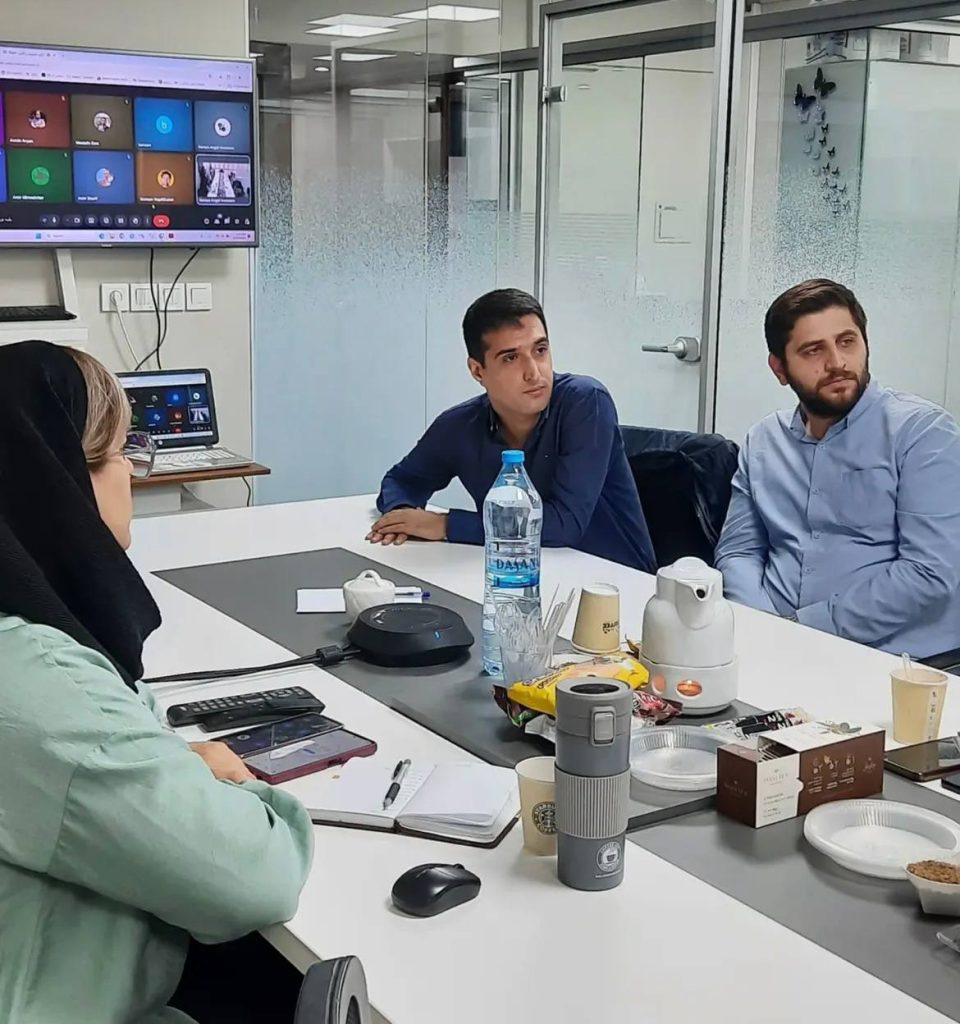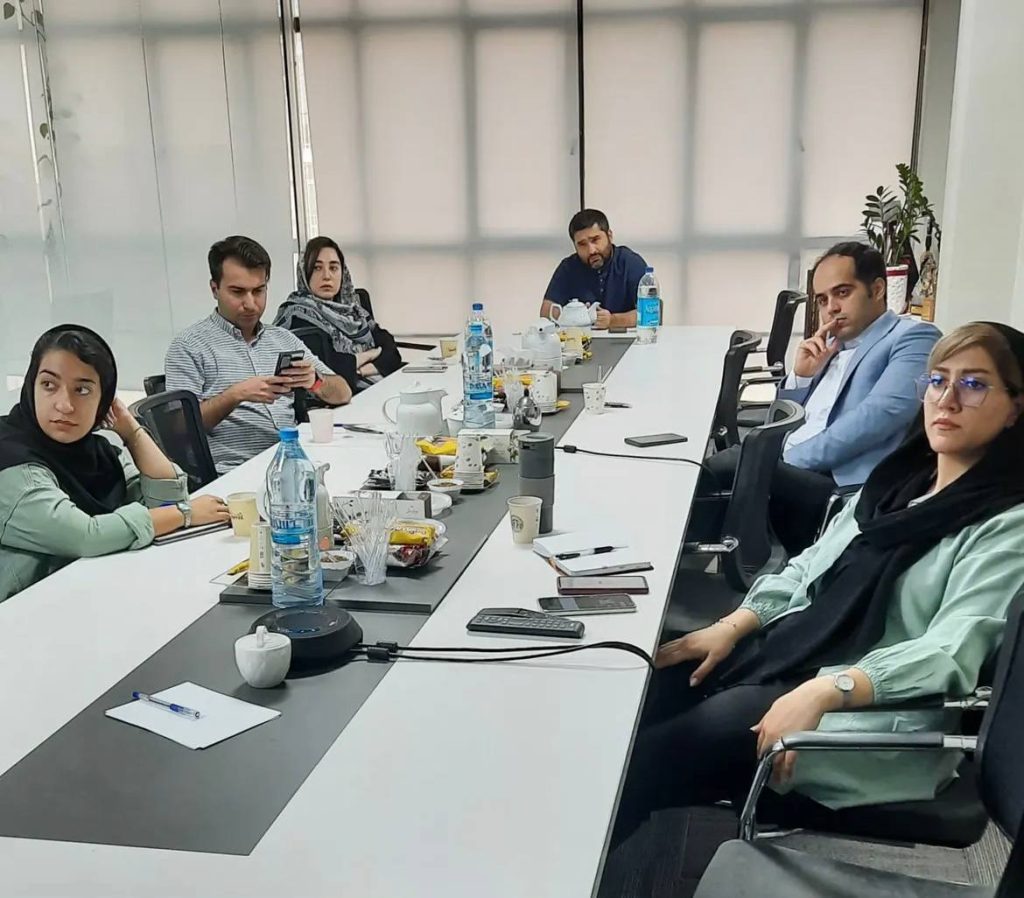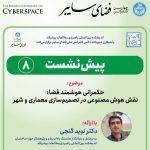Tehran — In an important step toward transforming Iran’s renewable energy landscape, architect and entrepreneur Navid Ganji presented his latest innovation, the SolarSeed platform, to Karaya Investment Group on 6 Aban 1404

A Vision Rooted in Purpose
SolarSeed was founded by Navid Ganji with a clear mission: to make clean energy accessible, intelligent, and profitable. Emerging from years of research into sustainable design and social entrepreneurship, the platform reflects a broader ambition — to connect architecture, technology, and environmental responsibility into one coherent ecosystem.
Ganji’s idea grew out of a simple but powerful question: What if investing in renewable energy could be as seamless and transparent as buying online? SolarSeed was his answer — a digital B2B platform that unites investors, property owners, and energy professionals through AI, data, and finance.
The Presentation to Karaya
At Karaya Investment Group’s headquarters, Ganji delivered a detailed presentation introducing SolarSeed as a next-generation digital infrastructure for the solar energy market. The meeting gathered Karaya’s board members and energy sector advisors, focusing on how the platform aligns with Iran’s growing renewable targets under SATBA and its emerging energy trading ecosystem (IRENEX).
Ganji explained how SolarSeed combines five integrated components:
- AI-driven project assessment that evaluates site potential and forecasts production.
- A smart equipment marketplace sourcing from compliant suppliers in Dubai, India, and Turkey.
- Crowdfunding pools that open investment opportunities from 5 to 500 million IRR.
- Financing models like lease-to-own and long-term installments (5–7 years).
- IoT-based monitoring and O&M services ensuring 99% uptime and performance transparency.

Through this structure, each 10kW solar project can generate 14,600 kWh of electricity per year, saving over 10 tons of CO₂ emissions and delivering an ROI between 12.5% and 25% — a return notably higher than traditional markets while directly contributing to sustainability goals.
Beyond Numbers: A Sustainable Ecosystem
Ganji emphasized that SolarSeed is not merely a financial platform; it is a movement toward decentralized, democratized energy. By integrating artificial intelligence, blockchain-secured transactions, and real-time data dashboards, SolarSeed aims to create a transparent environment where investors can track energy generation, social impact, and profit distribution in real time.
The project also contributes to Iran’s national objectives of achieving 10 GW renewable capacity by 2025, aligning with UN Sustainable Development Goals 7 (Clean Energy), 9 (Industry & Innovation), and 13 (Climate Action).
The Road Ahead
Following the presentation, Karaya’s representatives expressed strong interest in the concept and its economic potential. Discussions began around participation in the pre-seed round, valuing SolarSeed at 18 billion IRR for its initial 10% equity offering. The two sides agreed to pursue a joint feasibility study and prepare for pilot installations in late 2025 across Varamin, Eshtehard, and Tehran.
As part of the upcoming roadmap, SolarSeed plans to launch its MVP in November 2025, complete five pilot plants, and scale to over 100 operational systems by 2026, targeting industrial parks, agricultural cooperatives, and public institutions.
“SolarSeed is more than a startup — it’s a bridge between innovation, investment, and impact,” said Ganji at the close of the meeting. “Our goal is to redefine how Iranians produce and profit from clean energy, while contributing to a more sustainable and self-reliant future.”
A Step Toward a Cleaner Tomorrow
The Karaya presentation marks a pivotal moment in the evolution of SolarSeed — where vision meets validation. As the platform moves closer to its pilot phase, it continues to embody Ganji’s broader belief: that sustainable change begins when technology serves both people and the planet.
